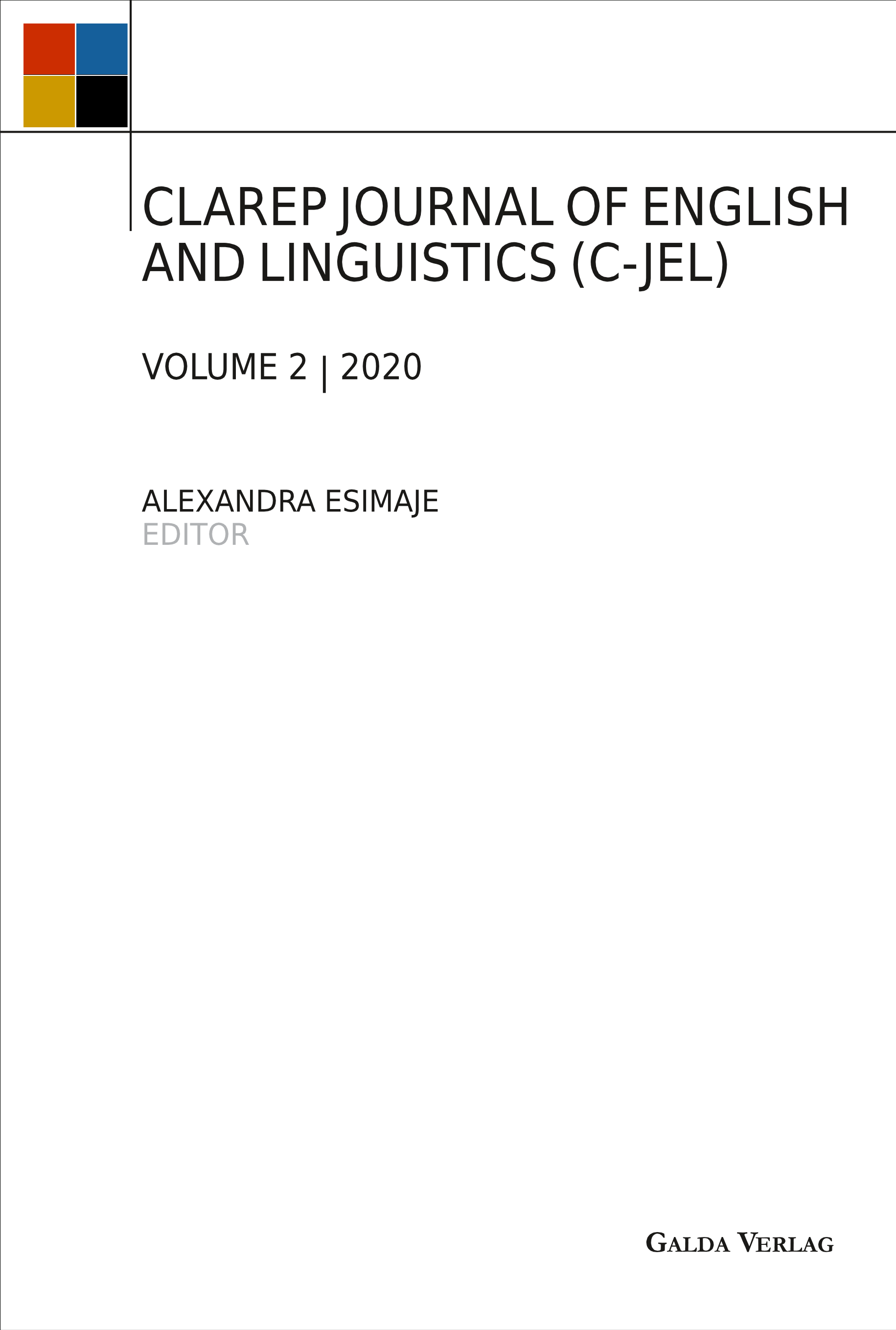Modelling Writing: The IMRaD and Knowledge Production in Nigerian Academies
CLAREP Journal of English and Linguistics (C-JEL)
Author: Alexandra Esimaje
Institution: Benson Idahosa University, Nigeria
Email: alexandra.esimaje@live.com
Abstract
The aim of this study is to explore the pattern of text production of Nigerian researchers to reveal the cultural practices of the academic community and the attendant implications for a globalised academy. The study attempts to answer the question: What academic rhetoric practices characterise text production in the academic contexts of Nigeria vis-a-vis international context? The study is partly textual, examining the international reviews of papers written by Nigerian researchers to identify the common core features and to tease out those features that pose challenges for international publication; and partly based on corpus method of collecting samples of the texts produced by the researchers. The study uses the global model of the 4-part IMRaD as template for a comparative matrix analysis. Via a qualitative analysis of its data, the study reveals that the Nigeria academic community is characterised by a knowledge production pattern that differs from the global IMRaD both in structure and content. Structurally, it adopts a 5-7 part pattern and content wise, the rhetorical moves of the IMRaD which are confined to its 4 part structure are dispersed and sometimes redefined in the 5-7 part model used in the Nigerian academy. The paper concludes that whether or not a paper adopts the strict structure of IMRaD or its modified form, the ordering of knowledge plays a significant role in its consumption as does the relevance of its contents to the community of users; and it recommends recognition of the cultural practices of academic communities in especially the non-native English contexts and their accommodation in the global template for academic publishing.
Keywords
knowledge production, international research, Nigeria academic community, global academic community, academic practices, IMRaD
Pages: 1-19
ISSN: 2698-654-X
ISBN: 978-3-96203-146-6 (Print)
ISBN: 978-3-96203-245-6 (PDF)
DOI: https://doi.org/10.56907/gggavqn4

